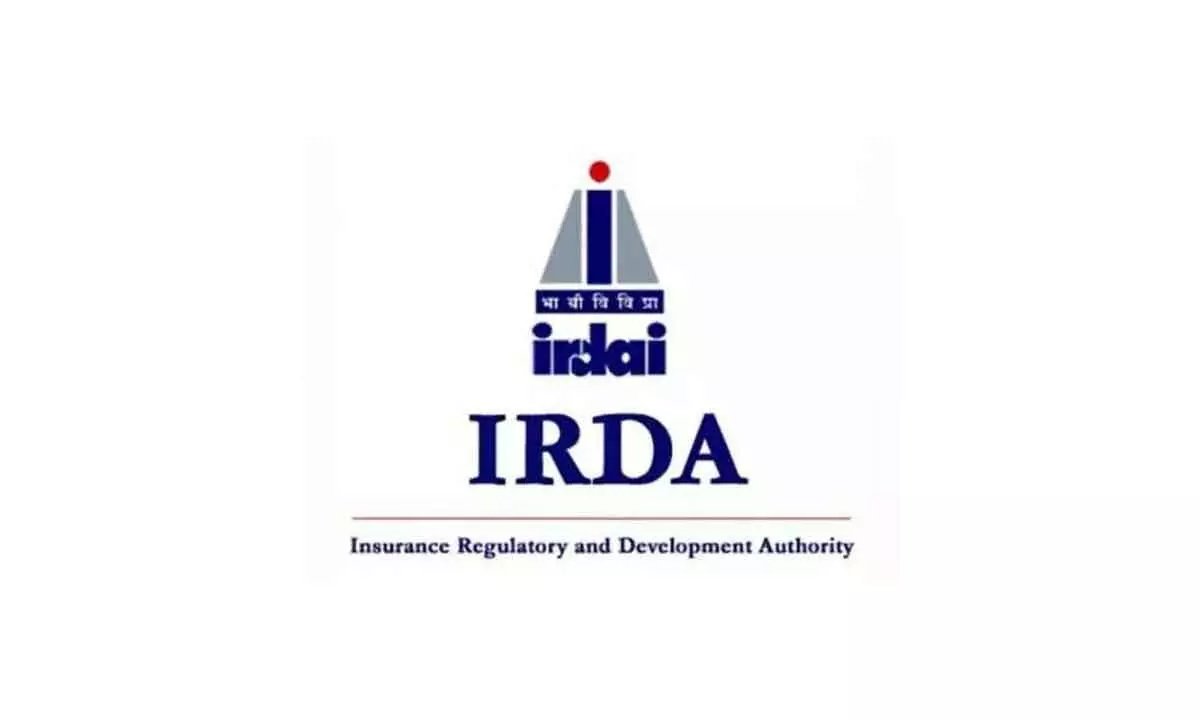IRDAI move to reduce waiting period will boost health insurance segment
image for illustrative purpose

In what has come as a boon for insurance policy holders, the Insurance Regulatory and Development Authority (IRDAI) has mandated a reduction in the pre-existing disease (PED) waiting period on health insurance policies from the present four years to three years. This implies that health insurers cannot deny coverage for one’s pre-existing condition once a policy holder has completed the three-year waiting period. The IRDAI has revised the definitions of the pre-existing condition and moratorium period (MP) in health insurance policies effective from April 1. While the waiting period for pre-existing disease (PED) coverage has been reduced, the moratorium period has been shortened from 96 to 60 months. Insurance companies enforce a ‘no look back’ policy during this period. Interestingly, the previous definition used the term ‘look back’, which was not clearly defined, leading to ambiguity. The revised guidelines use more specific language, stating that policies can't be contested for non-disclosure or misrepresentation after the MP, except in cases of proven fraud. The new move is bound to go down well among policy holders. While several insurers have already reduced the waiting period for pre-existing diseases, the new guidelines set the outer limit to three years.
It also removes the burden on the policyholders to declare pre-existing diseases for which they have not taken any treatment in the three preceding years or ailments diagnosed beyond three years. Many policy holders do not keep historical medical records. The new regulations would reduce such disputes with the insurer. Experts opine that with the PED waiting period having been reduced from to 36 months, more individuals may go in for health insurance, thereby enhancing insurance penetration in the country. Additionally, the moratorium waiting period, which has been reduced from eight years to five years, will boost customer confidence by way of lesser doubts about claim denials. Moreover, the specified disease waiting period may now extend to three years, providing customers with faster coverage.
From a customer perspective, a shorter waiting period is always preferable as it reduces uncertainty and allows for quicker coverage of illnesses or claims against them. The reduction in moratorium period is expected to shift the onus of a thorough underwriting onto the insurer. Since insurers cannot dispute non-disclosure beyond five years, policyholders, in the new scheme of things, will be further assured about a smooth claim process. After a continuous renewal of five years, a bonafide policyholder need not worry about claim rejections. The new change would also mean that first-time policyholders would now enjoy a reduced waiting period going forward. Existing policyholders would also benefit, as the waiting period will be reduced to align with the new three-year clause upon policy renewal. The regulatory body’s latest move is endeavored to ensure responsive management practices for policyholders, effective oversight and adequate due diligence regarding insurance products, including innovative products, considering the interests of policyholders.

